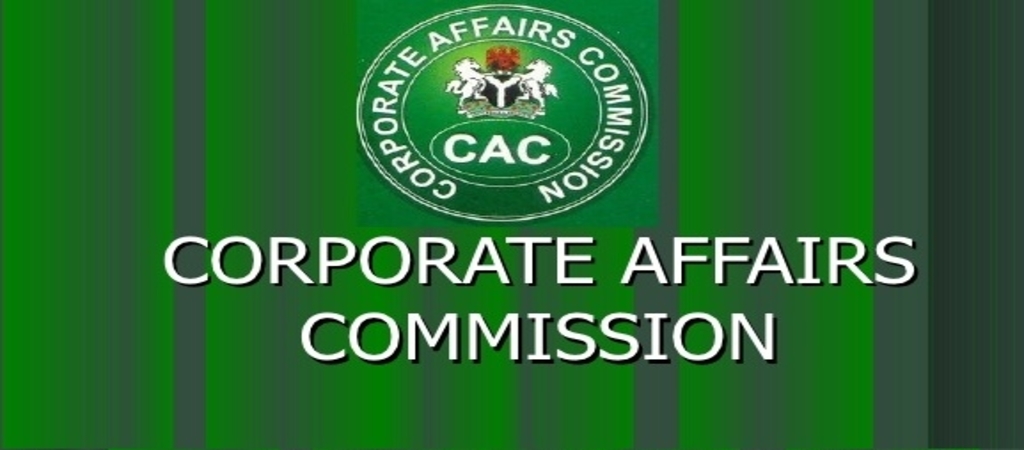Shell Nigeria should have shut down oil supplies on the day of the spill in the cases in Goi, it said.
The court said it needed more time to resolve the case of Ikot Ada Udo, saying that the leak was due to sabotage but it was not clear whether Shell could still be held liable for it, and for cleaning up.
At a hearing last year lawyers for the farmers showed gushing and burning oil spills as well as villagers dragging their hands through water sources, their hands streaked with the substance afterwards.
– ‘Years of devastation’ –
“We are happy about the ruling. It shows that our people can get justice for the years of devastation of our environment by Shell,” King Emere Godwin Bebe Okpabi, ruler of the Ogale Community in the Niger Delta, told AFP.
“It’s a great relief for the people of the Niger Delta that Shell has been made accountable for its injustice against the oil-producing communities.”
READ: #EndSARS: What it feels like to be in the shoes of a young Nigerian
Shell has always blamed all of the spills on sabotage and said it has cleaned up with due care where pollution has occurred.
“We continue to believe that the spills in Oruma and Goi were the result of sabotage,” Shell in Nigeria said in a statement.
“We are therefore disappointed that this court has made a different finding on the cause of these spills and in its finding that SPDC (Shell Nigeria) is liable.”
Nigeria was the world’s ninth-largest oil producer in 2018, pumping out volumes valued at some $43.6 billion (R655 billion), or 3.8 percent of total global production.
In a separate case in the Netherlands, the widows of four Nigerian activists executed by the military regime in the 1990s have accused Shell of complicity in their deaths.
Shell also faces a landmark legal bid to force it to meet emissions targets in the Paris climate accords, brought by several environmental groups in the Netherlands led by Friends of the Earth in 2019.
Source: enca.com





